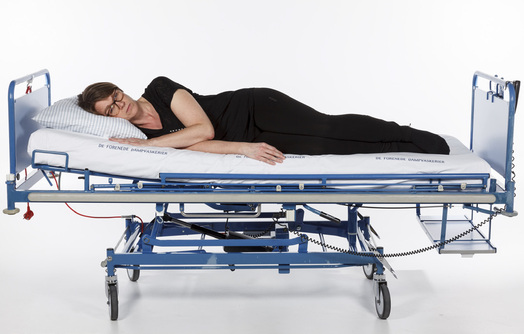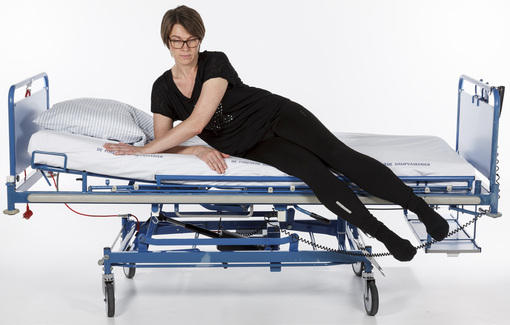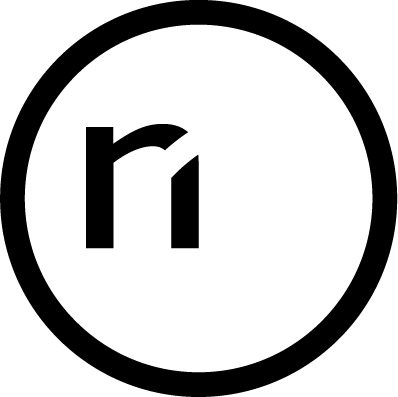How to get started after surgery
Your activity before and after surgery is of great importance regarding a fast recovery - and all activity counts.
-
Your activity before and after surgery is of great importance regarding a fast recovery - and all activity counts.
-
On the day of surgery, you are allowed to walk around until the porter come and pick you up for surgery. After surgery, you will be taken to recovery. Here you can start to make exercises in bed.
- You can do peristaltic pump exercises. You do that by bending the foot strongly back and forth.
- You can alternately bend and stretch a leg a time.
- You can stretch your arms above your head.
- You can take deep breaths – however not more than 4 at a time.
- You can turn from side to side.
You can repeat these exercises at any time after surgery - also at Ward before you get out of bed.
-
On the day of surgery, you need to sit up or walk for 1 hour. You can register this on the schedule that is in your room. Every minute counts.
Sit or walk
1 day after
3 hours
2 days after
5 hours
3 days after
8 hours
After the first few days, you will be, up and around almost as normal with just a few rests during – for example ½ hour before noon, 1 hour at noon and again ½ hour in the afternoon.
When you get home, it is important that you go for a walk for at least ½ hour a day. You may still take a nap.
-
As soon as you get back to the Ward you will have to sit on the bedside, stand or even take a walk. It is important that you get up in a propper and gentle way.


-
What is considered healthy food for healthy people is not necessarily healthy food for people who are sick. When you are healthy and fast and have a good appetite, you should eat low fat and fiber-rich foods with many vegetables.
Conversely, if you are ill and you have a low appetite, you should not fill yourself with vegetables, whole meal bread, fruit and potatoes. It will give you the feeling of satiety but will not provide you with sufficient content of energy and protein.
Instead, you should eat food with a high content of fat, e.g., cheese, whole milk, whipped cream or other dairy products that has a high content of fat. Also, you should use plenty of butter on the bread and cold cuts with a high content of fat as well. In addition, use more fat when making your food, e.g., making gravy or along with the vegetables.
-
Protein is the building blocks of the body. Muscles, tissue, and organs are made up of protein. For that reason, you should eat plenty of:
- meat, fish, and poultry
- cold cuts, egg, and cheese
- dairy products like curdle and yogurt
- nuts and almonds.
To benefit from the protein in the diet to maintain and rebuilding muscles and tissue it is important that your energy needs are covered. If your weight is stable or increasing it means you, get enough energy.
For the muscles to get the benefits from the proteins, it is very important that you move and exercise as much as it is possible for you.
How to increase your appetite
- Drink a glass of juice approximately 15 min. before it is time to eat - Acidic drinks will stimulate your appetite.
- Eat small meals many times a day instead of a few large meals. E.g., six meals throughout the day.
- Keep a good balance by eating regularly and drinking plenty fluids.
-
It is important to drink plenty fluids - about 1½ liter daily. Remember also to drink even if you don´t feel thirsty. Water is good, but do not contain any nutrition or energy. If you do not have an appetite, it is better to drink milk because milk contains many nutrients. Choose milk with a higher content of fat as it also provides a higher level of energy e.g., whole milk. You can drink ¾ liters of milk product daily and additionally juice, coffee, tea, and the like. Suggestions for drink:
- Whole milk
- Buttermilk with coffee cream or whipped cream, e.g., mixed with juice or fruit juice
- Buttermilk dessert, preferably with cream
- Drinking yoghurt with cream
- Hot or cold chocolate milk with whipped cream or ice cream
- Protein and energy-rich drinks.
A protein drink before and after exercise will cause you to regain your strength faster.


